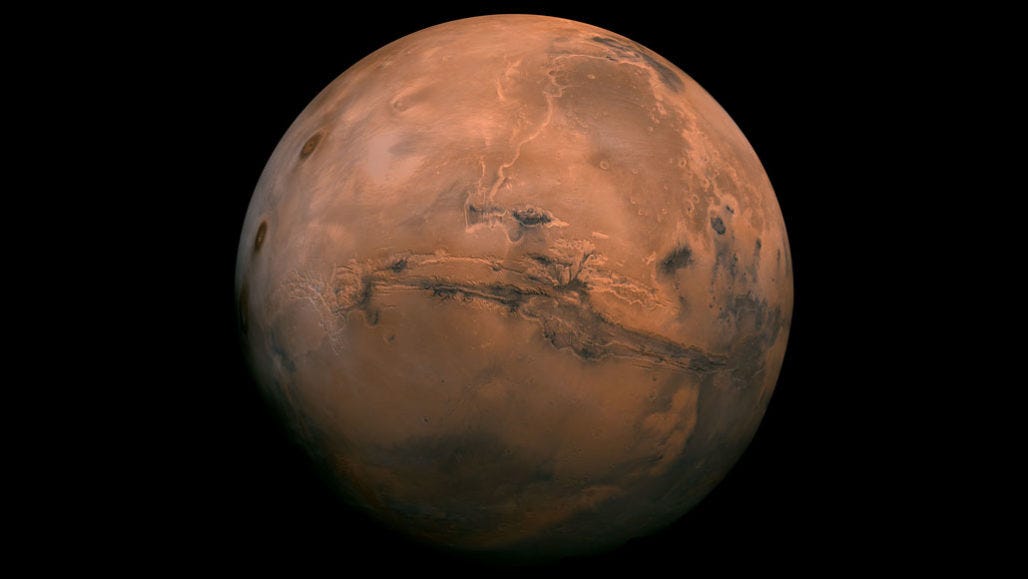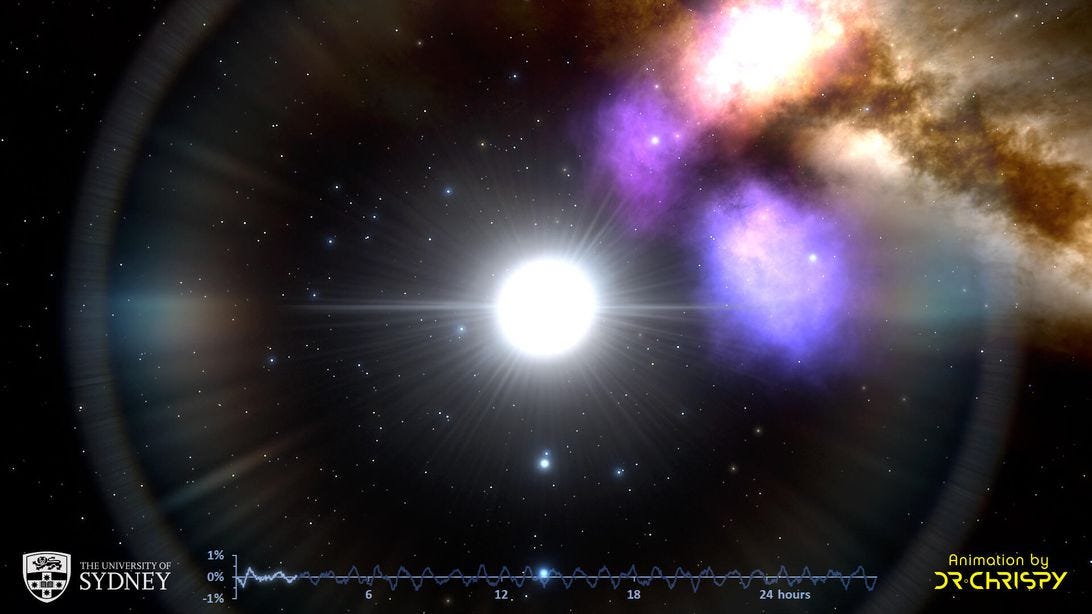Hello, and welcome to The Edge, the newsletter that brings you groundbreaking stories from the frontiers of technology and science.
We’ve got some great stories for you today, including saltwater on Mars, looking inside enigmatic stars and the new Unreal 5 Engine. As always, we’ve added extra stories under each article should you find yourself in a curious state of mind.
Epic games lifts the curtain

Image credit: Epic Games
Epic Games announces Unreal Engine 5 with stunning PlayStation 5 demo
Yesterday, Epic Games announced the Unreal Engine 5, the next iteration in its series of game engines. To bring the point home, Epic Games released a stunning demo on the PlayStation 5.
The result is truly breathtaking. Epic Games CEO Tim Sweeney says the goal with the new engine isn’t just to bring more features to developers but also to make their lives easier since building new games today is incredibly complex, costly and labour-intensive. Of course, demos usually look amazing, but Epic Games believe that, with enough time and familiarisation, game studios will be able to achieve the same level of quality in their games with the new engine. Sweeney believes it might take a year or longer before studios can achieve what the demo showcases but that, like with Gears of War on the Xbox 360, the tools provided by the new engine can be fully utilised eventually.
Game engines that will go down in history
Mars gets even more interesting

Image credit: JPL-Caltech/NASA
Salty water might exist on Mars, but it’s probably too cold for life
A new study suggests that liquid brine could exist on Mars but the extreme conditions on the planet might not be ideal for life.
This means that any Earthly microorganisms heading to Mars would have a tough time surviving. However, this is a blessing in disguise - it means that future human visitors can worry less about contaminating the planet, a genuine concern for space travel.
The study shows that, while pure liquid water can’t last on Mars’ freezing surface, water mixed with some salts could, at least for a little while. NASA’s Curiosity and Phoenix landers have detected perchlorates in the Martian soil, a type of salt. To test whether this water could survive on the Martian surface, the researchers ran some simulations and found that one type of brine could remain liquid on the planet for up to 6 hours on 40% on the planet’s surface.
Are planetary protection rules too strict?
Loon to get more people online

Image credit: Alphabet/Loon
Alphabet’s balloon-powered Loon rural internet comes to Mozambique
We’ve talked about how Loon has been bringing internet to rural parts of Kenya. Now, they’re just about ready to do the same in Mozambique.
Loon has teamed with local carrier Vodacom to provide 4G connectivity to Cabo Delgado and Niassa, two large regions in Mozambique with poor or no internet coverage. Service is set to start in the coming months.
Until now, Loon has landed deals to supply internet to remote areas in Puerto Rico, Kenya and Peru.
The case for internet as a human right
No longer enigmas

Image credit: Chris Boshuizen/Simon Murphy/Tim Bedding
Astronomers peer inside the heart of enigmatic stars for the first time
We can’t look inside stars. We can observe and examine their surfaces but we can’t look at what’s happening inside them. We can, however, listen to how the star rumbles and thereby conclude what’s going on inside the star.
Now, scientists have managed to observe the rhythm of Delta scuti stars, which hasn’t been possible until now. In a new study, scientists have revealed how they’ve managed to observe the rhythm of 57 of these stars for the first time. Delta Scuti stars are about twice as large as our own sun and rotate rapidly, which is a possible reason for their rumblings being so difficult to observe and understand.
These findings pave the way for other scientists to more accurately understand how these stars work and to determine their age. It may also help scientists to better understand how galaxies and star systems evolve.



